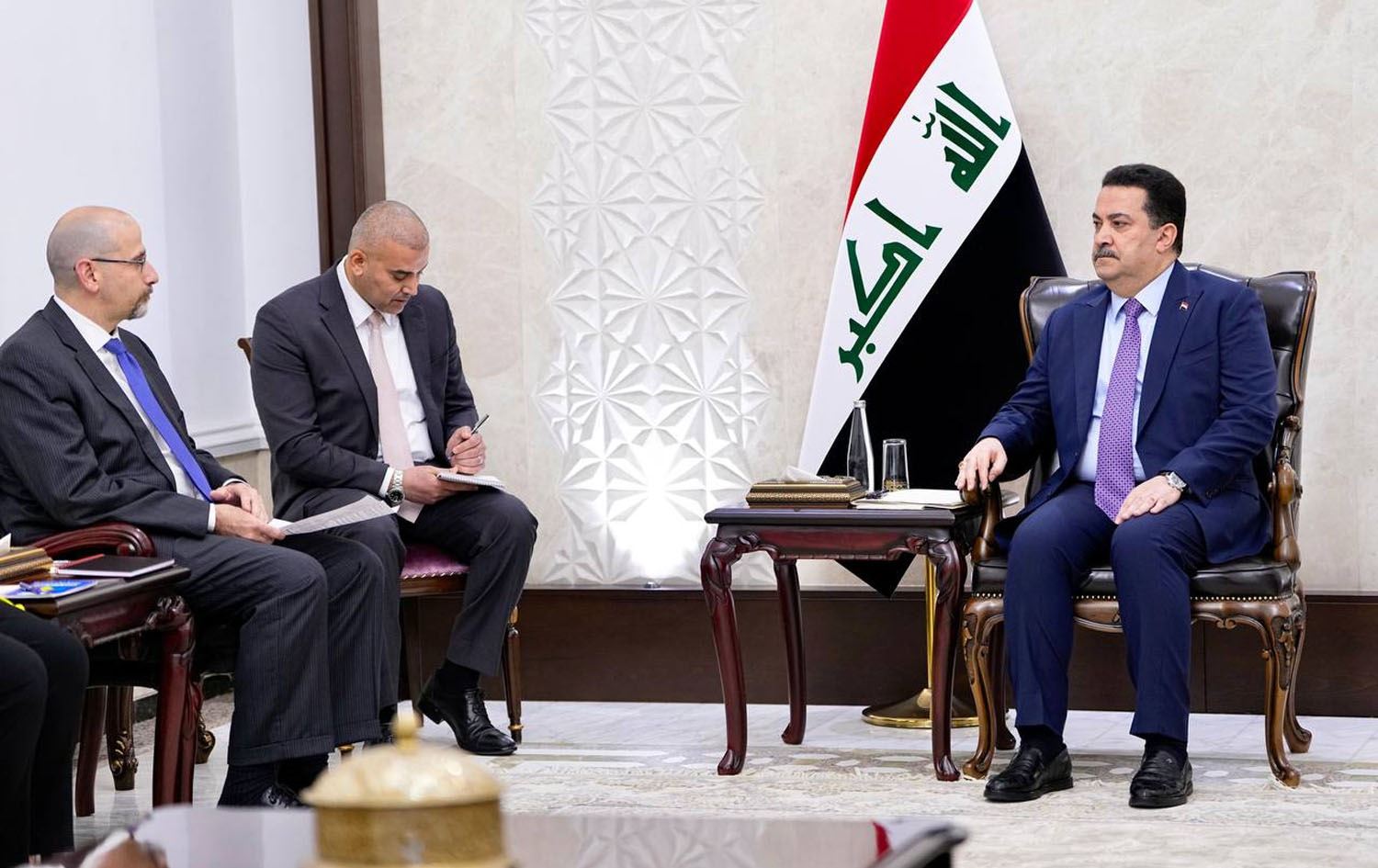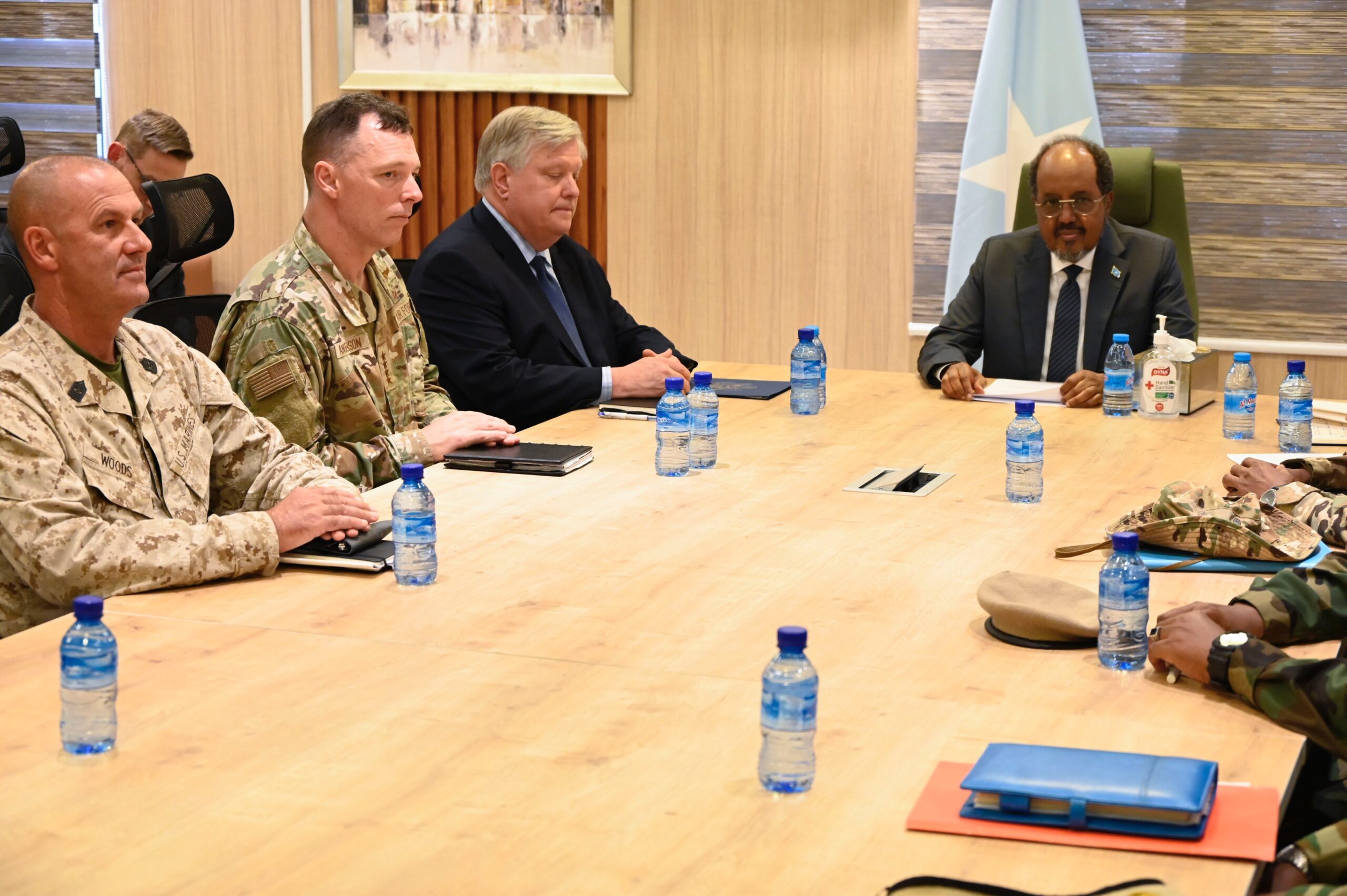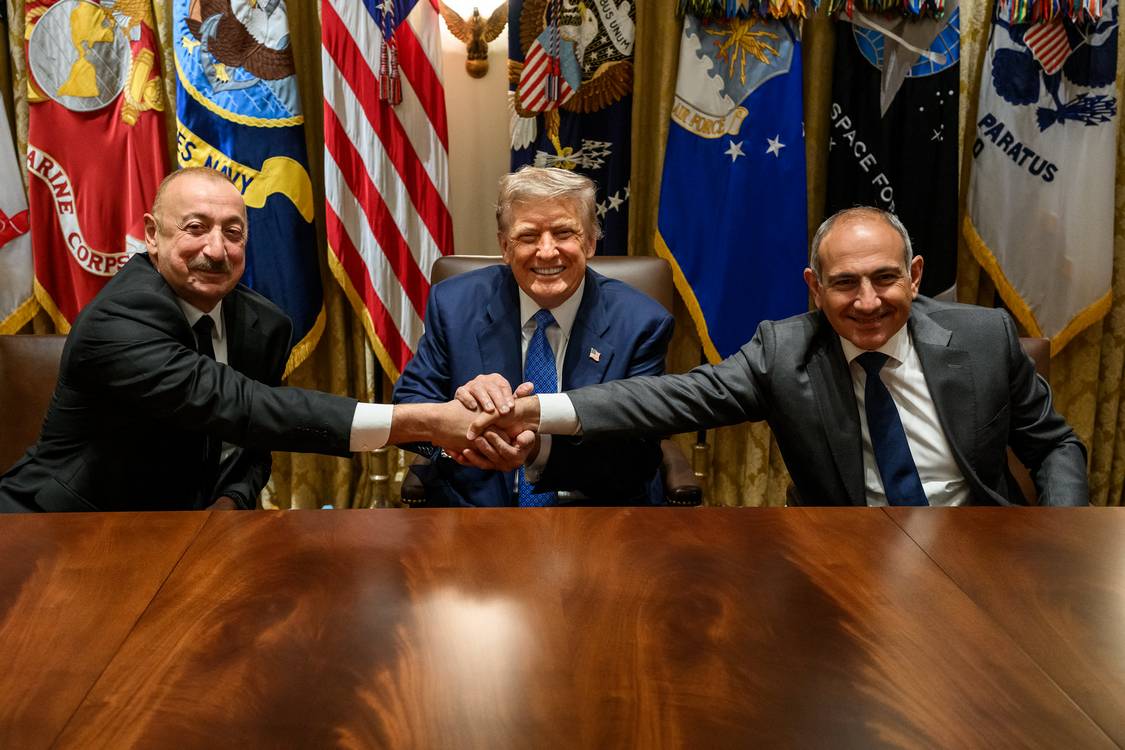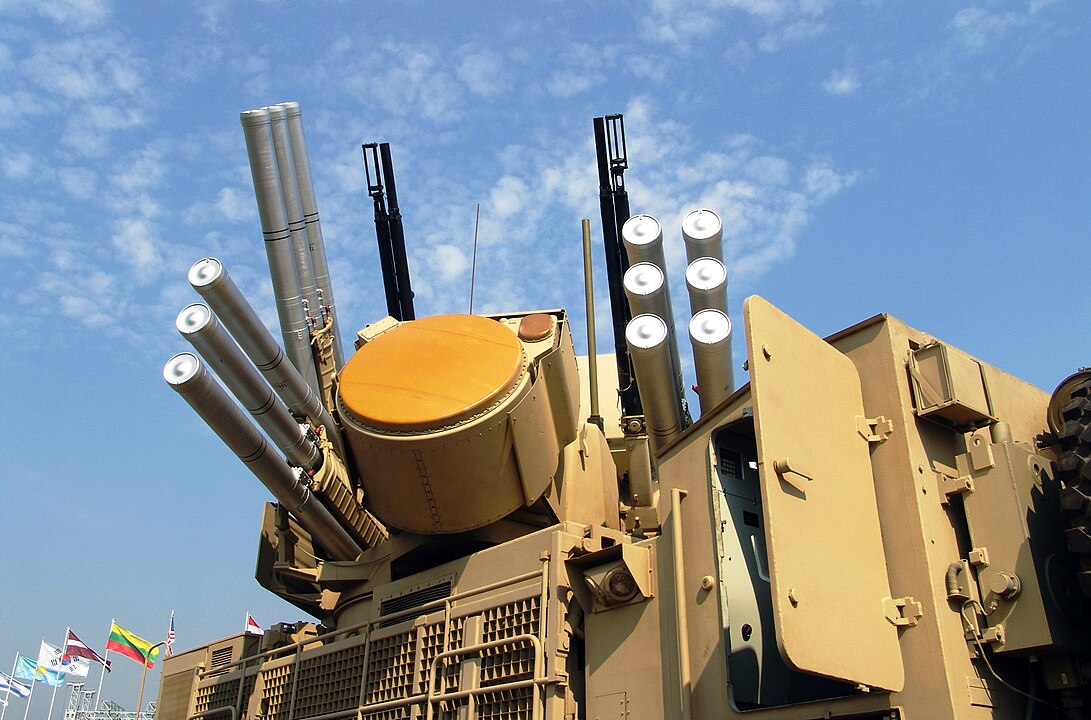21 years after they first entered the country, US troops still occupy parts of Iraq, and the current administration of Prime Minister Mohammed Shia al-Sudani is pushing hard for their ultimate departure.
On July 8th, al-Sudani met with top US Department of Defense officials in Baghdad to discuss this withdrawal, stressing that the wishes of the cabinet and people of Iraq that the foreign coalition forces depart the country should be respected, but that bilateral defense relations would continue to be an important part of US-Iraqi relations.
“The meeting discussed the procedures for ending the mission of the Global Coalition Against Daesh and strengthening bilateral relations between Iraq and the United States,” read a statement from al-Sudani’s office, using the Arabic acronym for the Islamic State (ISIS).
US Deputy Assistant Secretary of Defense for Middle East Policy Daniel Shapiro and US Ambassador to Baghdad Alina Romanowski headed the delegation, and neither released any details about troop withdrawals, saying only that regional security and defense cooperation were discussed.
In January, Iraqi government spokesperson Basem al-Awadi told state media that the end of the coalition’s mission in Iraq “will be achieved during the current cabinet,” according to Kurdish-owned Rudaw News.
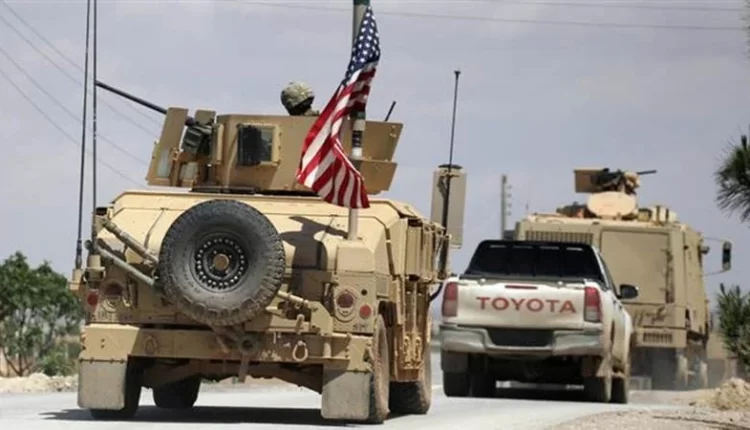
Tripwires
Since the onset of Israel’s genocidal assault on Gaza, US positions have come under attack in Iraq and Syria over 100 times.
In January, drone strikes that killed 3 US servicemen in Jordan brought about a retaliation from the White House that hit members of the militia component of the Iraqi army, an attack that was strongly condemned by al-Sudani, and which brought an outcry from hardline Shi’ite members of government to evict the Americans from Iraq.
“We are setting the date for the start of the bilateral committee to put arrangements to end the presence of the international coalition forces in Iraq permanently,” al-Sudani said in a statement at the time, translated on Antiwar.
It’s generally reported that the US has 3,000 troops in Iraq, and 900 across the border in Syria. They are, in an official capacity, allegedly part of a global coalition to ensure the enduring defeat of ISIS.
Despite the fall of the organized side of the Islamic State and the enduring presence of its insurgency component, which recently killed two Iraqi fishermen in Salahadeed, neither US detachment almost ever undertakes manned military operations against the remnants of ISIS.
Instead, analysts and critics of America’s failed policy in Iraq identify these detachments, which are extremely vulnerable to even basic attacks as was seen in January, as “tripwires” and “strategic baggage”. In the latter, they are leftover considerations from long-discarded missions that, as regards decisions about their future, inconveniently still carry secondary and tertiary consequences. In the former case, they are there to be targeted in case additional justifications for military action in the region are needed.
Why else would the State Department’s former point man on Syria admit that State and the Pentagon played “shell games” with former President Trump when he would try and remove the 900 or so troops in the country? Why would it be necessary to lie to the president if the purpose of keeping the troops there was clear, legal, and justified? WaL
We Humbly Ask For Your Support—Follow the link here to see all the ways, monetary and non-monetary.
PICTURED ABOVE: Iraq’s Prime Minister Mohammed Shia al-Sudani meets with Deputy Assistant Sect. of State for Middle East Policy, Daniel Shapiro. PC: Office of the Prime Minister of Iraq.
